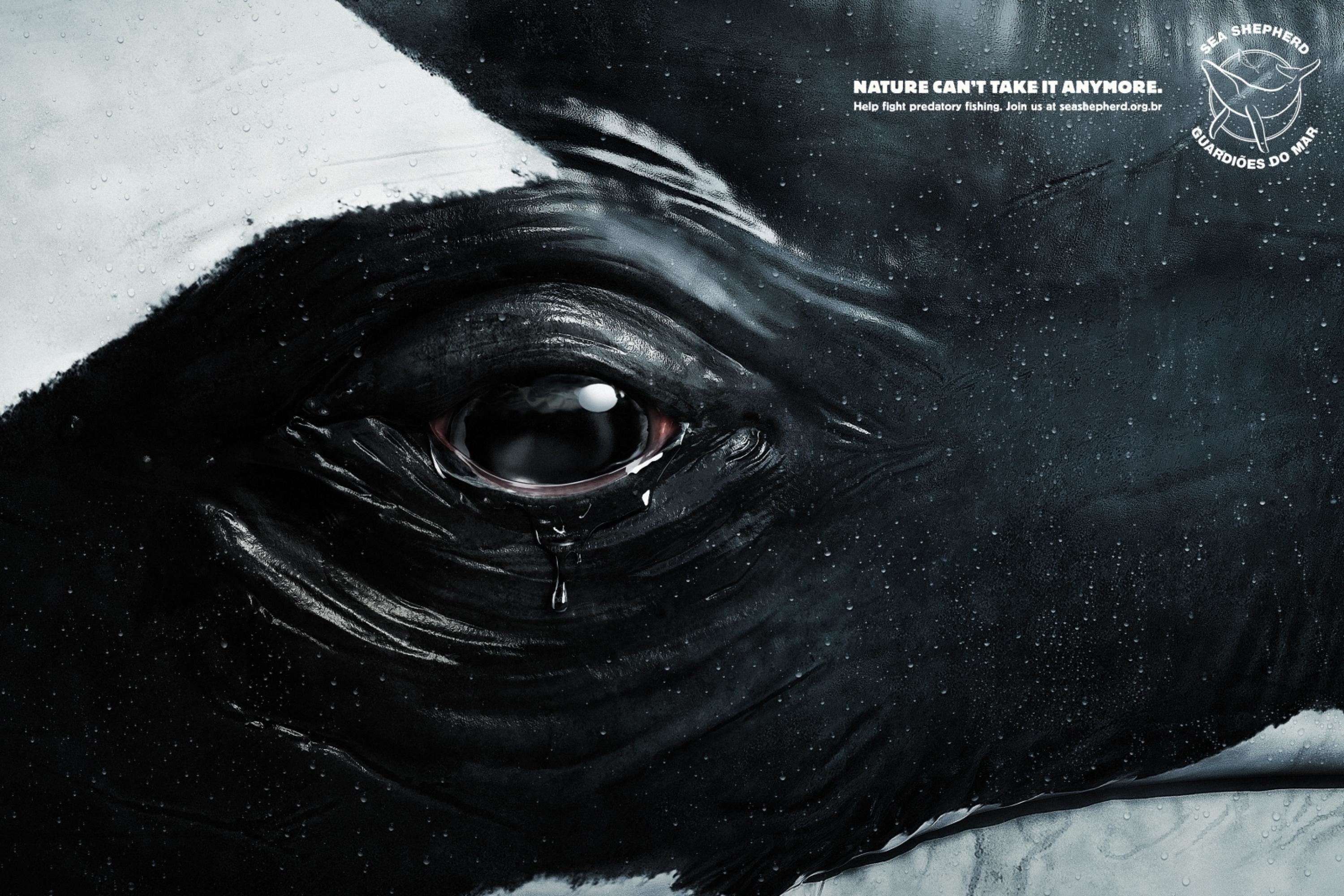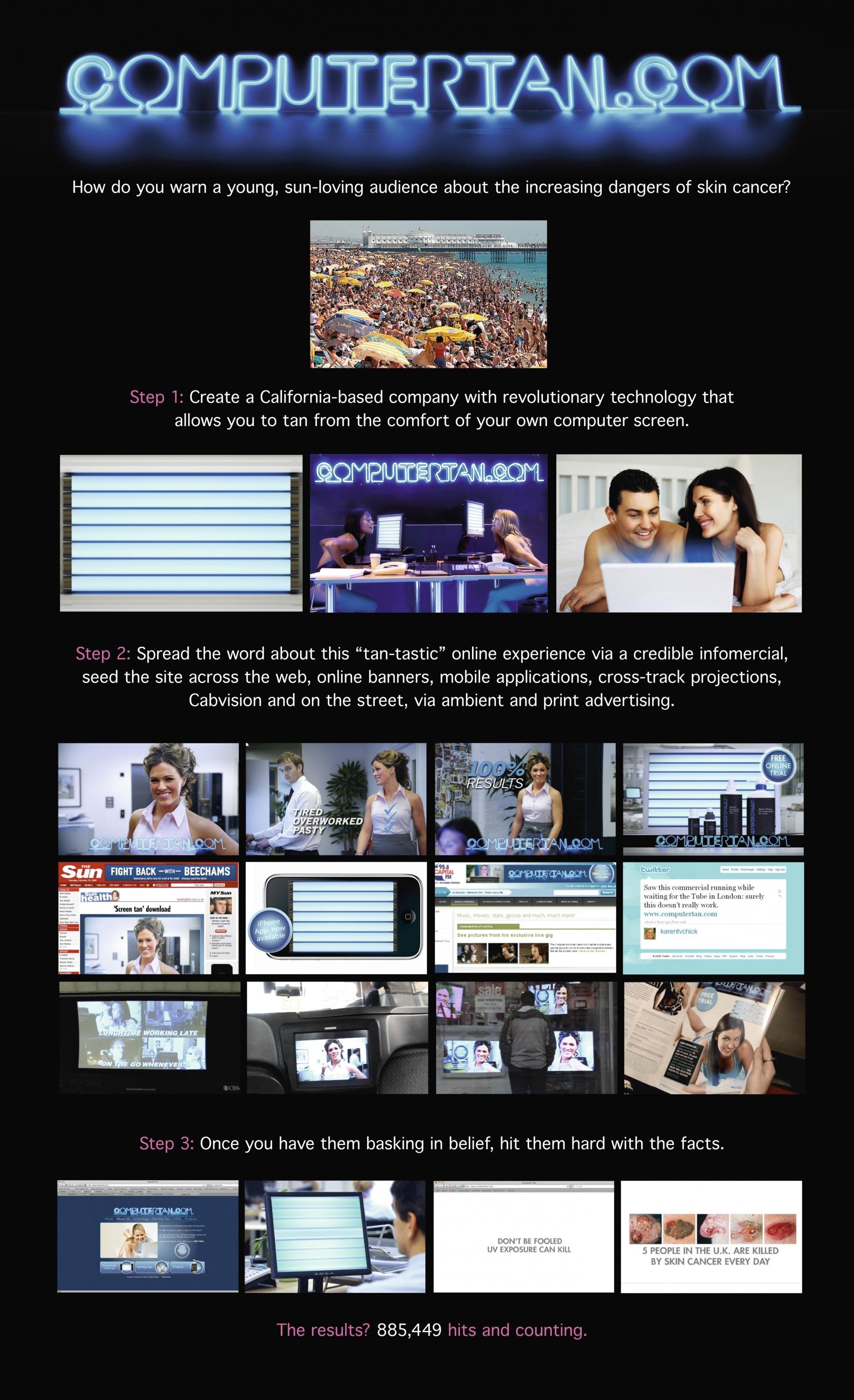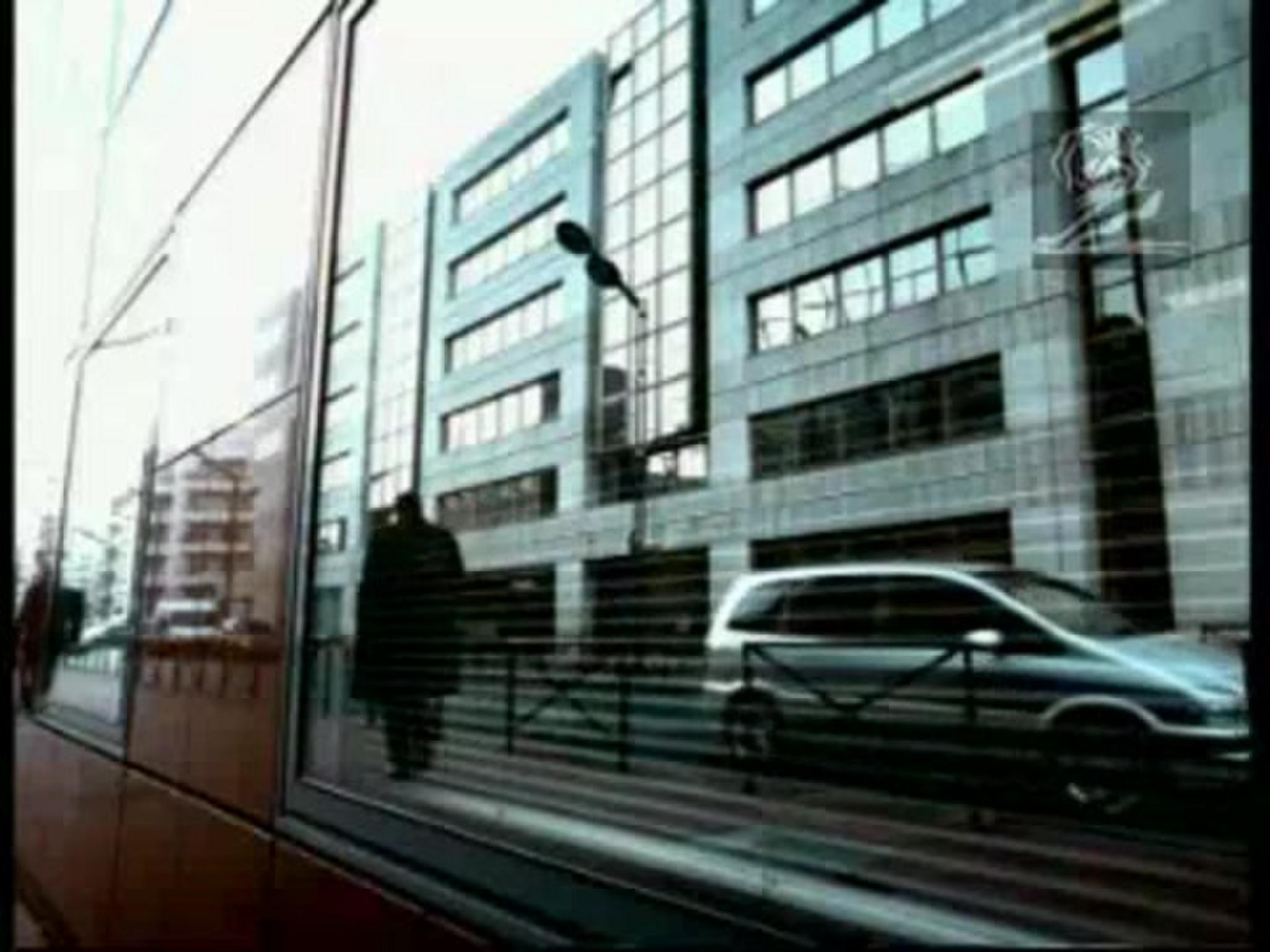Cannes Lions
Torture
DDB LATINA, Miami / SEA SHEPHERD / 2019
Overview
Entries
Credits
Overview
Background
A simple plastic bag can represent extreme suffering – and even death – for thousands of animals in the oceans. Depicting this unfortunate truth through strong images, Sea Shepherd, an NGO focused on the conservation of marine wildlife, has launched this awareness campaign. The ads show different marine animals in extreme agony after contact with plastic used in our daily lives.
Knowing that images of suffering animals generate a huge impact, we decided to bring the most realistic simulation of what happens in the oceans because of plastic. For that, we reproduced in 3D the scenes of empathic animals such as turtles and seals, asphyxiated by plastic bags daily used and discarded without due care. Going beyond shocking, we also invite the public to access Sea Shepherd's website and get in touch with special content about how to prevent such scenes from recurring in the oceans with really simple actions.
Idea
Knowing that images of suffering animals generate a huge impact, we decided to bring the most realistic simulation of what happens in the oceans because of plastic. For that, we reproduced in 3D the scenes of empathic animals such as turtles and seals, asphyxiated by plastic bags daily used and discarded without due care. The image was 100% designed in 3D, using references of real animals pictures. All the details like the texture of skin and fur, the plastic itself, the ambient and even the breathing reaction was delicated thought and elaborated to creat the most real possible reproduction of the hypothetical true scene. The craft work was designed from the start to leave the audience in doubt if that's a real picture or a digital creation, amplifying the impact and engagement with the campaign.
Strategy
Once that Sea Shepherd is an NGO with a very small budget, specially for media buying, all the efforts beyond the campaign production needed to be organic, using their own channels such social media and website, and public relations. By PR, we used the impact of the images and the doubt about being real or fake, the power of Sea Shepherd brand and the idea of making everyone feel the blame of possibly be killing animals in the oceans to start a international conversation. The argument of "using plastic once and torture the ocean forever", added to the general interest and global relevance of the subject, captivated the media all over the world, taking the ads and the message far beyond Sea Shepherd's proprietary channels.
Execution
Based on social media, print and out-of-home, the campaign was started by Brazilian market, it first target audience - specially for their huge number of beaches. Following the immediate positive engagement results, Sea Shepherd invited other countries where it has presence to also highlight the message in its social networks, translating the messages to the languages of each one. With the impact going way beyond the volunteers, a global PR strategy was initiated, using the images as a gimmick for a broader conversation on the subject of plastic in the oceans. The adhesion of the major media vehicles around the world reinforced the debate and awareness about the cause, impacting a significantly larger number than Facebook posts, print media or OOH posters could.
Outcome
Designed to be used only in print, out-of-home and social media in Brazil, the campaign had a huge global repercussion. Once Sea Shepherd has a global presence and the cause a positive international adherence, it has decided to expand its disclosure to a number of markets such United States, Chile, Belgium, Italy, France, Saudi Arabia and Australia.
The ad generated a big conversation about plastic in the ocean not only in advertising and sustaintability industry, but also in some of the main media channels around the world, such as The Sun, Daily Mail, Yahoo Finanzas, Exame, TV and radio stations in different countries. Reinforcing the campaign, approximately 1 month after the start of the communication, the European Parliament has approved a law banning of single-use plastic items, such as straws, cotton buds and cutlery, by 2021.
Similar Campaigns
12 items



